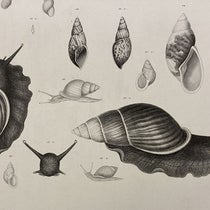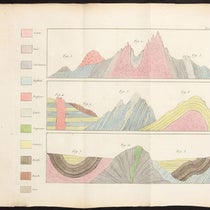Scientist of the Day - Thomas Malthus
Thomas Malthus, an English political economist, was born Feb. 13 or Feb. 14, 1766. In 1798, Malthus published An Essay on the Principle of Population, in which he pointed out that human populations tend to increase much more rapidly than food supply and other resources, making survival of every individual impossible. He further noted that when population rises, there is an over-abundance of available labor, so wages fall, and the lot of the poor becomes even more difficult. Poor laws, Malthus believed, just exacerbate the problem. Malthus revised his book six times, trying to answer critics, especially those who called him cold and uncaring, which Malthus vehemently denied. The last revised edition was published in 1826.
Malthus lived until 1834, and in that year his book was very much in the air, as the British Parliament passed the Poor Law Act, in support of which Malthus's views on the futility of social programs were invoked in abolishing most forms of outdoor relief for the poor. And that is why a copy of Malthus's Essay was lying around Charles Darwin's London flat in September of 1838, when he needed a break from sorting out HMS Beagle specimens and dived into Malthus as a diversion. It was a fortunate confluence, for Darwin immediately realized that in nature there is an even greater "struggle for existence," as he called it, so that only a few individuals of each generation can survive to produce offspring. This was the last element he needed to fill out his principle of natural selection, the mechanism for his theory of evolution.
In his Autobiography, written many decades later, Darwin recalled that moment of Malthusian enlightenment. We show that passage from one of the many editions we have of the Autobiography (fifth image). We have tried to enlarge it enough so that you can read it.
We do not ordinarily collect works on political economy, but because of the importance of the Essay on Population for Darwin, we acquired some years ago the sixth edition – the very edition that Darwin read on that fall afternoon in 1838 (second, third, and fourth images). We displayed the work in our Darwin bicentennial exhibition, The Grandeur of Life, in 2009.
Dr. William B. Ashworth, Jr., Consultant for the History of Science, Linda Hall Library and Associate Professor emeritus, Department of History, University of Missouri-Kansas City. Comments or corrections are welcome; please direct to ashworthw@umkc.edu.

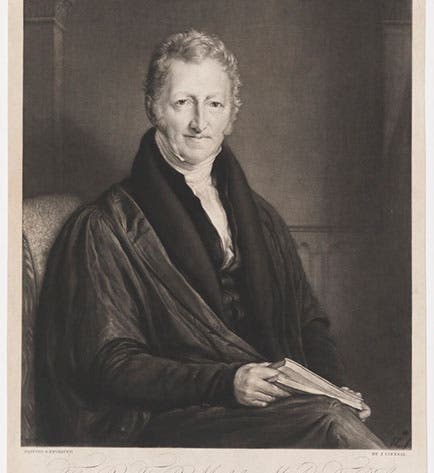
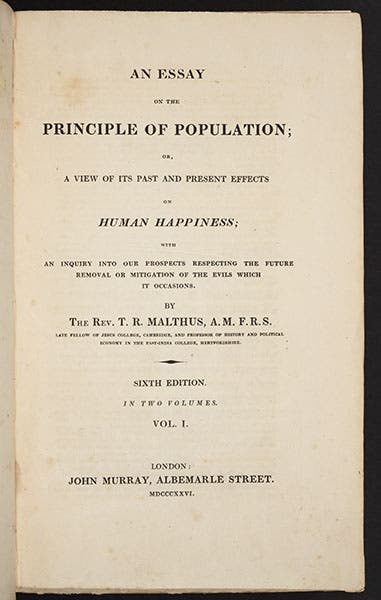
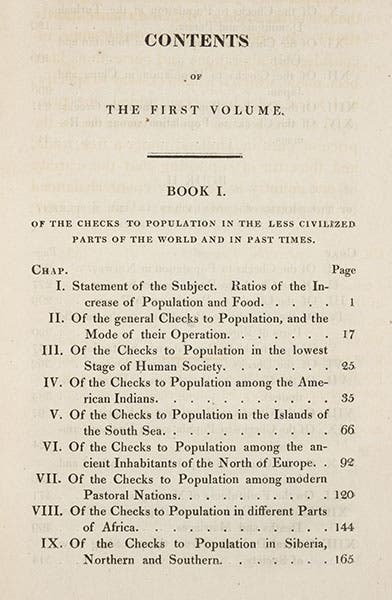
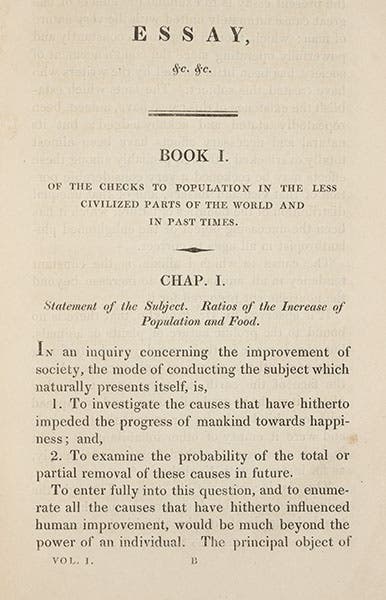
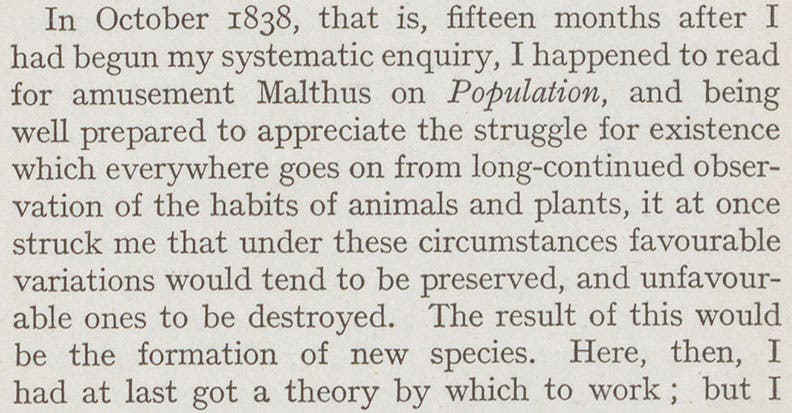

![“Aurora Borealis,” hand-colored wood engraving by Josiah Wood Whymper, [Natural Phenomena], plate 2, 1846 (Linda Hall Library)](https://assets-us-01.kc-usercontent.com:443/9dd25524-761a-000d-d79f-86a5086d4774/0245ffcb-b70c-477c-8792-0a73ebd54eb2/Whymper%2011.jpg?w=210&h=210&auto=format&fit=crop)
